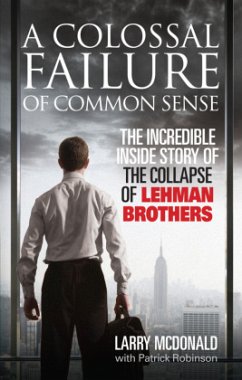
Varieties of Capitalism and Business History
The Dutch Case
Herausgeber: Sluyterman, Keetie E.
Versandkostenfrei!
Versandfertig in 1-2 Wochen
59,99 €
inkl. MwSt.
Weitere Ausgaben:

PAYBACK Punkte
30 °P sammeln!
The deep economic crisis in Europe and the US gives the study of capitalism a new relevance. Could a different organization of the economy have prevented the crisis? Could there be one best system for running a national economy? This volume gives a business history perspective on this debate, filling the often abstract discussion with a flesh-and-bone history - with people who acted and events that took place over a long period of time. Contributors address the main topics of the capitalism debate including corporate governance, the firm and its leaders, multinationals as agents of change, coo...
The deep economic crisis in Europe and the US gives the study of capitalism a new relevance. Could a different organization of the economy have prevented the crisis? Could there be one best system for running a national economy? This volume gives a business history perspective on this debate, filling the often abstract discussion with a flesh-and-bone history - with people who acted and events that took place over a long period of time. Contributors address the main topics of the capitalism debate including corporate governance, the firm and its leaders, multinationals as agents of change, coordination between firms, labor relations, and innovation. This book raises and attempts to provide answers to key questions for every country around the globe: how is change being brought about? Can one see different results from a liberal or more coordinated economy? And most critically: is one economic system most effective in bringing prosperity and enabling enough people to share in the wealth?














